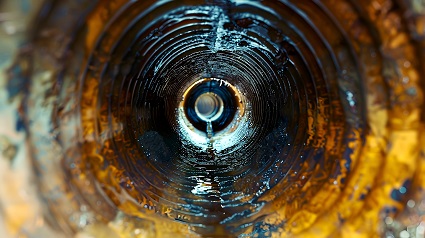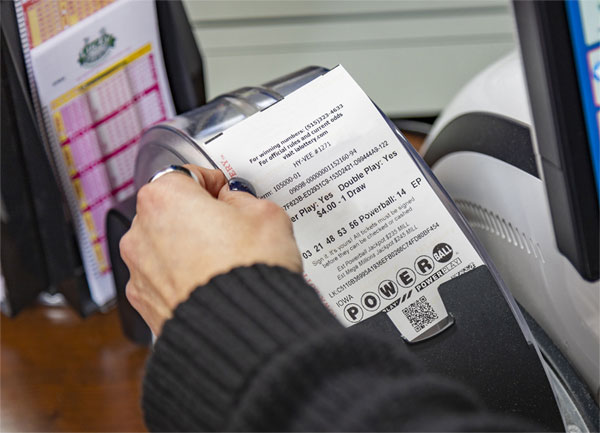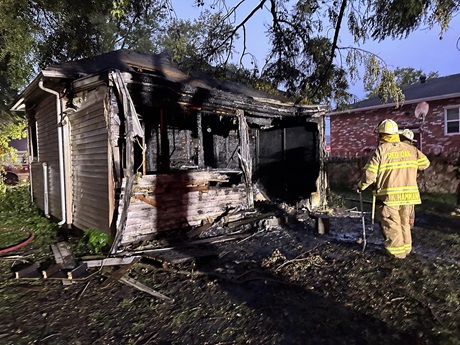(Iowa News Service) – Iowa is getting federal help to eliminate lead water pipes in the state. The Iowa Department of Natural Resources is working with local water agencies, planning where to prioritize funds. As part of the Bipartisan Infrastructure Law, cities and towns in Iowa are reducing the number of dangerous lead water lines. The Iowa Environmental Council’s Director of Climate Initiatives Cody Smith said even homes built as recently as 1988 are connected to the local water utility with lead lines – which leaves people at risk, even in Iowa’s big cities like Des Moines and Council Bluffs.
“Particularly with the most vulnerable groups, such as unborn babies or young children, they have extreme and outsize risk related to exposure to lead through lead service lines,” said Smith. “That can cause higher levels of lead in the blood and lead to developmental issues for children.” The State’s Revolving Fund, which is the primary source for water infrastructure updates, has received more than $620 million as part of the Bipartisan Infrastructure Law. The IEC says more than 700 communities have benefited so far.
Beyond replacing lead pipes and updating water system infrastructure, Smith said Iowa could also benefit from help with what are known as non-point source projects. “Which is runoff from agricultural fields and from livestock operations that lead to nutrient pollution in source water,” said Smith. “And source water is water that’s used for drinking water somewhere in the state.” Smith said those strategies can help farmers and local utilities reduce nitrates and other pollutants in the soil.

Inside a pipe, rusty with water (AI created Image)
The Biden administration has a goal of replacing all lead water service lines in the U.S. by 2031.











